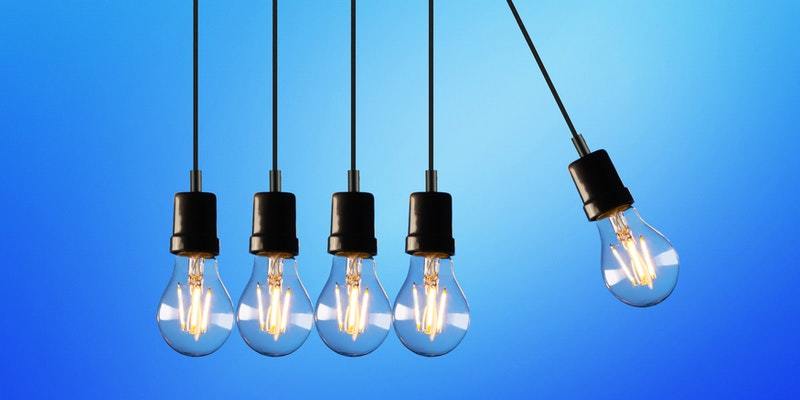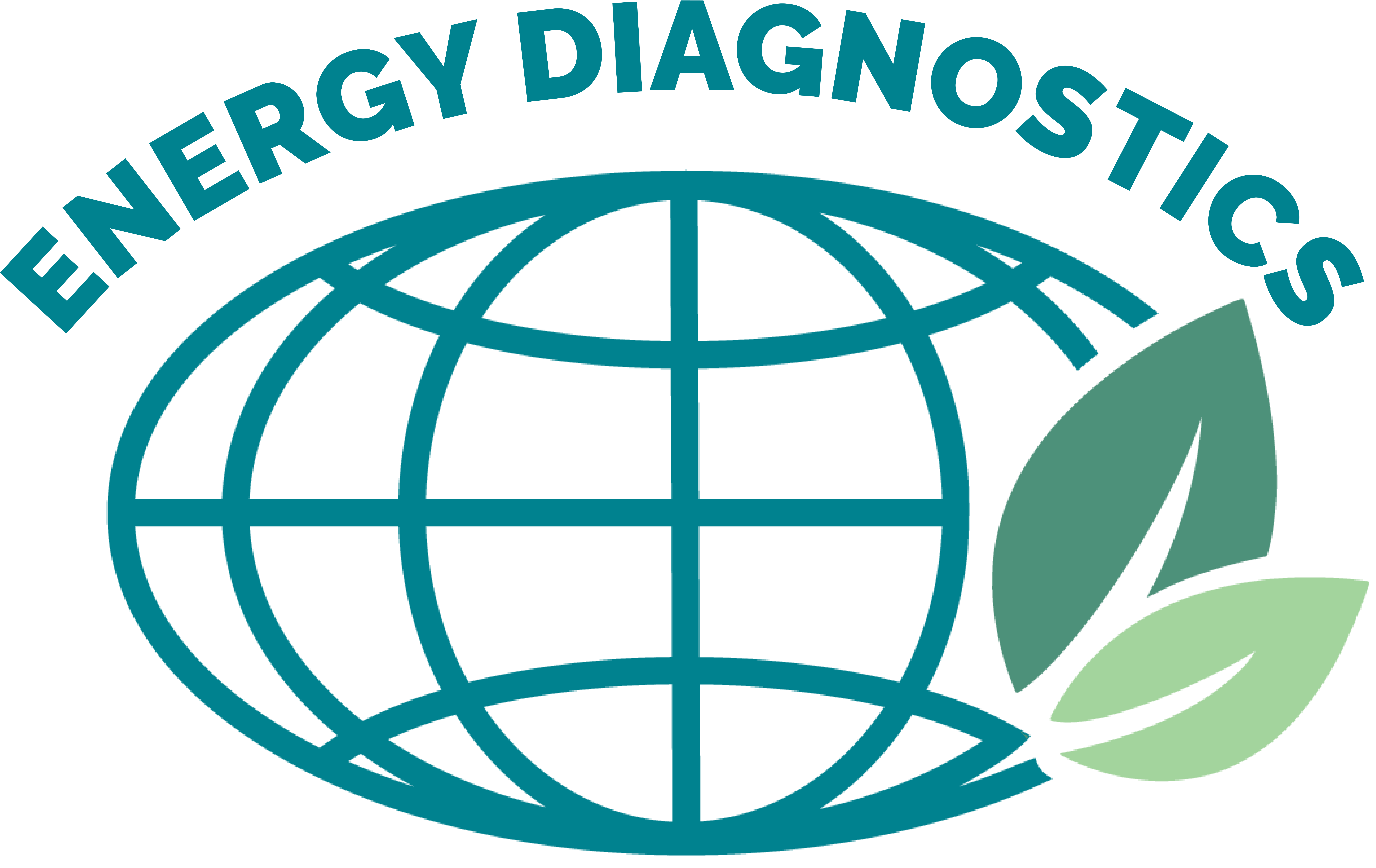When you want to decrease your household or business expenses, reducing energy usage is a smart place to start. Fortunately, lowering your electricity bill isn’t rocket science, and you can easily make high-impact changes. Take a look at nine simple ways to save energy and start lowering your electricity bill right away.
Update the Windows
It’s easy to assume that your windows keep the outdoor air outside and the indoor air inside. Yet, in reality, older windows can cause significant energy waste. Leaky windows can allow heat to escape in the winter and cool air to seep out in the summer, driving up your electricity bill in the process.
To eliminate this source of wasted energy, you can replace single-pane windows with double-pane versions. Be sure to ask your contractor about low-emissivity coatings or Energy Star windows, which can limit heat transfer while letting as much light as possible into your home or business.
Replace the Air Filter
When you rely on your HVAC system to keep you comfortable, it’s important to make sure it runs smoothly while using as little energy as possible. One of the easiest ways to keep your HVAC system’s energy usage low is to replace the air filter regularly. Use these simple guidelines to create an air filter schedule:
- Pet-Free Homes: Replace every 90 days.
- Homes With Pets: Replace every 30 to 60 days.
- Most Businesses: Replace every 30 to 60 days.
If you aren’t sure what type of air filter your HVAC system needs, check the minimum efficiency reporting value (MERV) rating and size recommendations for your model. Plan to keep a few filters on hand so you can replace them on schedule.

Invest in Efficient Light Bulbs
Great lighting is essential for any home or business. But if you’re using the same old light bulbs you’ve had for years, you could be wasting both money and energy every month.
Instead of lighting your space with incandescent bulbs, which can be costly to use and maintain, invest in energy-efficient options. Although many newer options cost a little more upfront, they can last up to 25 times longer and use a fraction of the energy of the light bulbs you’ve been using. Some of the most common low-energy lighting options include:
- Compact fluorescent lamps (CFLs).
- Halogen incandescent bulbs.
- Light-emitting diodes (LEDs).
Install a Smart Thermostat
When you lead a busy life, you might assume you don’t have time to adjust the thermostat constantly. If you install a smart thermostat, however, you can essentially set it and forget it while saving energy at the same time.
With a smart thermostat, you only have to input temperature settings once. Then the thermostat will adjust the temperature automatically, based on your settings and schedule. That means you can rely on your smart thermostat to reduce energy usage after hours or when everyone’s asleep. Many smart thermostats also offer remote logins and energy tracking so you can keep an eye on energy usage and make manual adjustments from anywhere.
Keep Comfortable With Ceiling Fans
Your HVAC system is designed to excel at keeping you comfortable in every season. Yet even the most energy-efficient HVAC systems can use a surprising amount of energy. To decrease your reliance on the HVAC system, turn on the ceiling fan.
Although ceiling fans can’t change the temperature, they do create a wind chill effect and can make a space feel cooler. As a result, you can adjust the HVAC system’s thermostat by up to 4 degrees while still feeling comfortable. In the winter, you can change the fan’s direction to keep warmer air circulating through the room.
Check the Water Heater
If you aren’t careful, your water heater can easily drive up your electricity bill every month. To avoid unnecessary energy usage, you can make a few quick adjustments:
- Lower the water heater’s temperature setting from 140 to 120 degrees.
- Add insulation to the tank and any exposed pipes.
- Use less hot water by taking shorter showers or washing clothes in cold water.
Improve Your Building Envelope
One of the most effective ways to reduce energy consumption is to prevent air from leaking in or out of the building. Establishing a strong building envelope is essential to reduce air leakage.
At Energy Diagnostics, we typically start the process by inspecting your building’s insulation and checking for effective air barriers. We use the blower door test to identify and fix areas where air naturally leaks out of your building. We also recommend strategies for weatherizing your space, including sealing windows and doors and repairing leaky areas around outlets.
Maintain the HVAC System
Most HVAC systems need annual servicing to run as efficiently as possible. If more than a year has passed since your last HVAC maintenance session, it’s time to schedule another.
When HVAC technicians check your system, they typically inspect the air filter, clean the interior, and test electrical connectivity. They also review the thermostat settings and ensure the system is calibrated for optimal energy usage. Your HVAC technician may also recommend simple strategies for reducing your energy consumption throughout the year.
Upgrade an Outdated HVAC System
No matter how careful you are about regular maintenance, every HVAC system reaches the end of its lifespan at some point. Most heating and cooling components last for 10 to 20 years before needing a replacement.
If your HVAC system has started to use more energy than usual or seems to be breaking down more frequently, consider having it replaced rather than repairing it. Although installing a new HVAC system comes with a significant upfront cost, it can help you save money in the long run. After all, new heating and cooling technology comes out almost every year. That means a new HVAC system may help you save more energy and reduce your electricity bill more than you thought possible.
Whether you’re in the market for an insulation inspection or an energy efficiency rating, our team is at your service. Contact Energy Diagnostics to start saving energy today.
